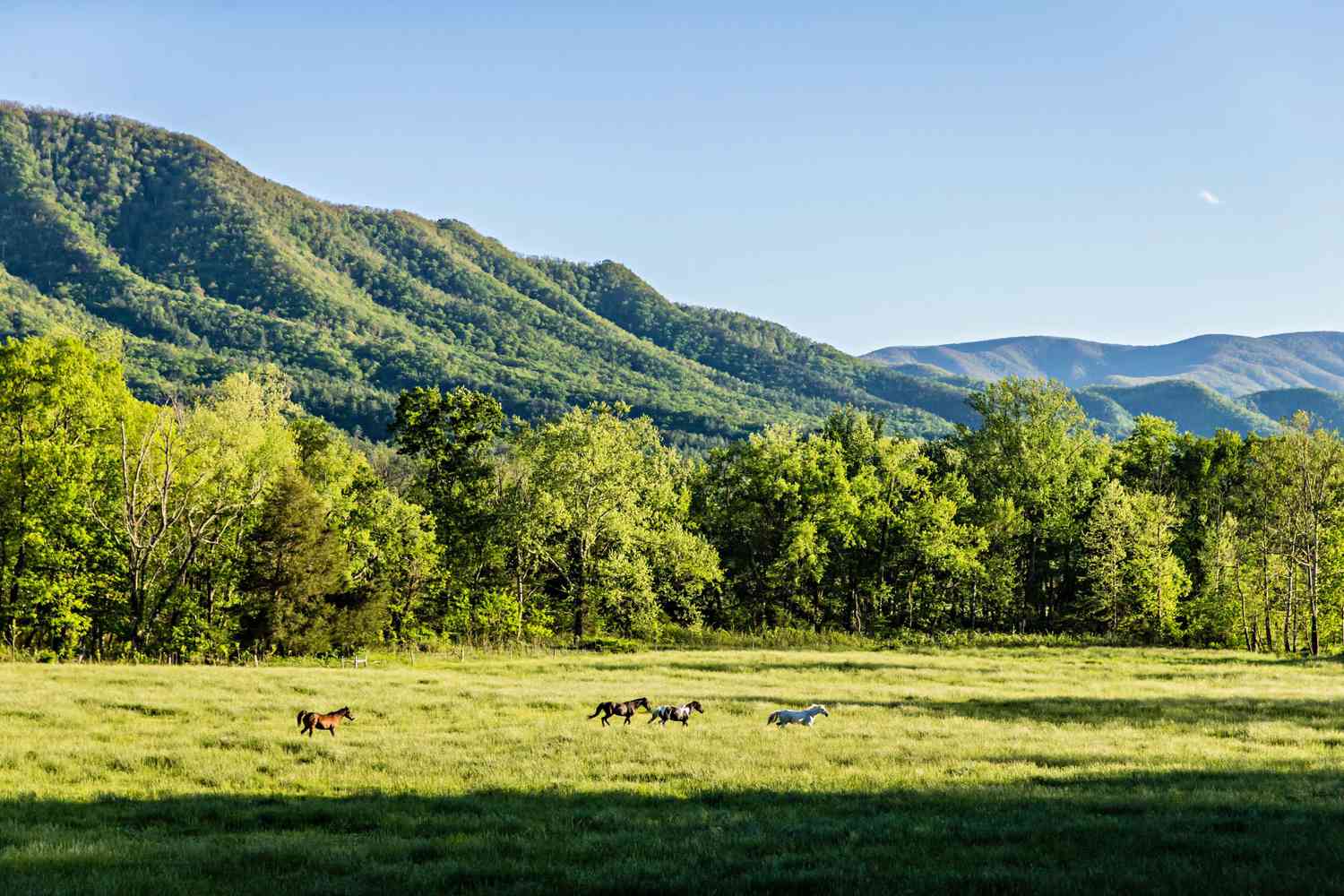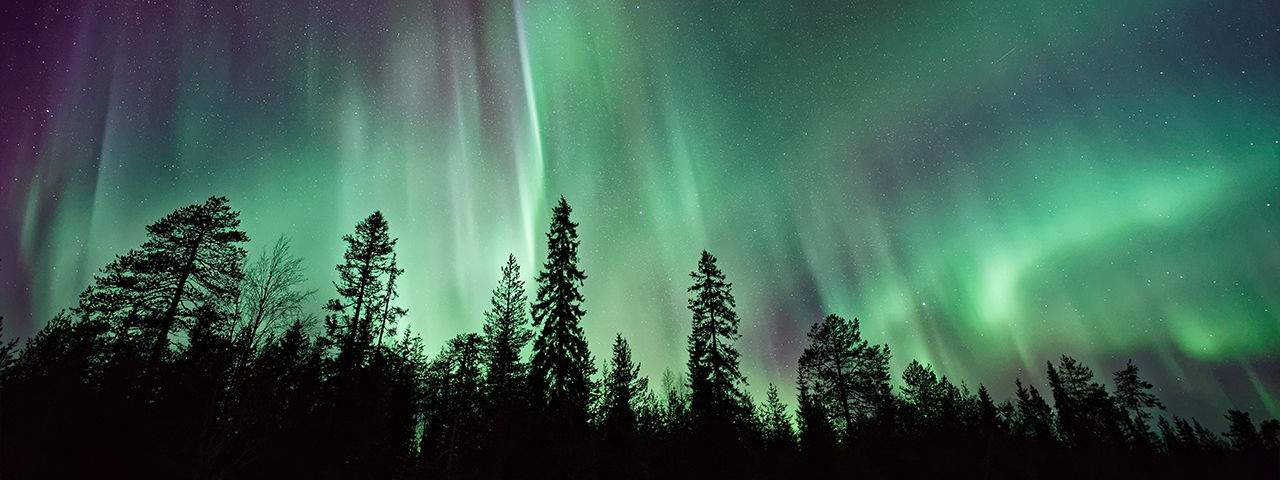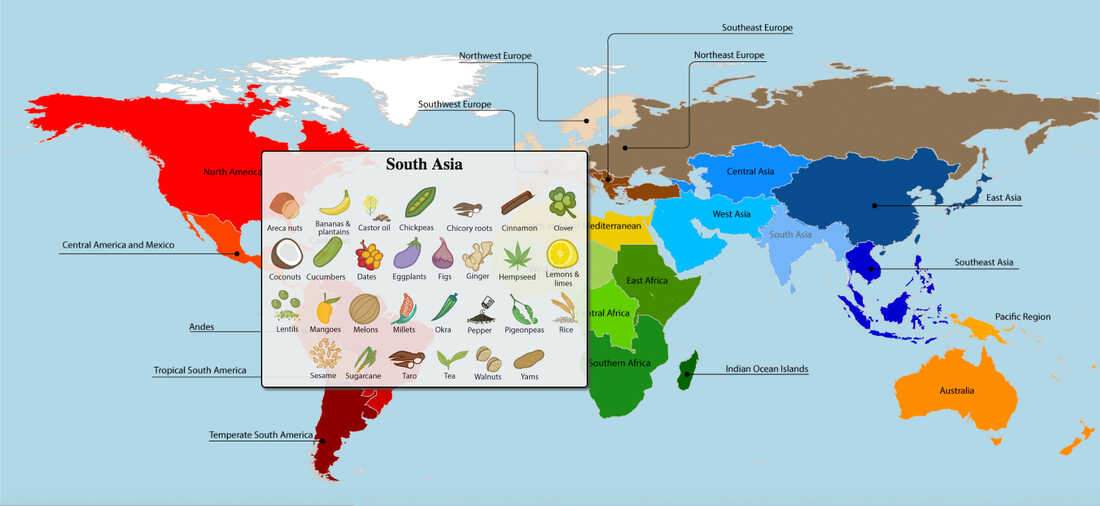Finding Your Perfect Wild Escape
The concept of a "wild escape" is deeply personal. What resonates with one soul-seeker might be daunting for another. Therefore, the first step is introspection. Ask yourself: What do I hope to gain from this experience? What are my comfort levels with the outdoors? What physical limitations do I need to consider?
Types of Wild Escapes
- Hiking and Backpacking: For those seeking physical challenge and stunning landscapes. Research trails thoroughly, considering elevation gain, distance, and difficulty level.
- Camping: From established campgrounds with amenities to dispersed camping in remote areas, camping offers a chance to live amongst nature.
- Wildlife Observation: Dedicated to observing animals in their natural habitat, often involving specialized tours or remote outposts.
- Forest Bathing (Shinrin-Yoku): A Japanese practice of immersing oneself in the atmosphere of the forest, focusing on sensory experiences. Learn more about Forest Bathing.
- River Trips/Kayaking/Canoeing: Exploring waterways provides a unique perspective on nature and offers opportunities for solitude and reflection.
- Stargazing: Escaping light pollution to witness the majesty of the night sky can be a deeply moving experience.
Evaluating Your Options: Practical Considerations
- Location: Consider proximity, accessibility, climate, and the type of environment you desire (mountains, forests, desert, coast).
- Duration: A weekend getaway offers a quick recharge, while a longer expedition allows for deeper immersion.
- Skill Level: Be honest about your abilities. Start with easier trails or activities and gradually progress.
- Budget: Costs can range from minimal for simple camping to substantial for guided tours or remote lodges.
- Group Size: Solo trips offer solitude, while group adventures provide companionship and shared experiences.
- Time of Year: Research weather patterns and seasonal conditions to ensure a safe and enjoyable experience.
Essential Gear for Wild Escapes
Proper gear is crucial for safety and comfort. The specific items needed will vary depending on the type of escape, but some essentials include:
- Navigation: Map, compass (or GPS), and the knowledge to use them.
- Sun Protection: Sunscreen, sunglasses, and a hat.
- Insulation: Layers of clothing to adapt to changing temperatures.
- Illumination: Headlamp or flashlight with extra batteries.
- First-aid Supplies: A well-stocked kit with essentials for treating common injuries.
- Fire Starter: Matches, lighter, or fire starter.
- Repair Kit and Tools: For fixing gear and equipment.
- Nutrition: Non-perishable food items that provide energy.
- Hydration: Water bottles or a hydration reservoir, and a water filter or purification tablets.
- Emergency Shelter: Bivy sack or tarp.
Long-Term Considerations for Sustainable Soul-Seeking
A truly transformative wild escape extends beyond the immediate experience. It involves adopting a mindset of sustainability and integrating nature into your daily life. Here are some long-term considerations:
Environmental Responsibility
- Leave No Trace: Pack out everything you pack in, minimize campfire impact, respect wildlife, and stay on designated trails. Learn more about Leave No Trace principles.
- Support Conservation Efforts: Donate to organizations that protect natural areas and promote responsible recreation.
- Reduce Your Carbon Footprint: Choose sustainable transportation options, eat locally sourced food, and minimize waste.
Personal Growth and Integration
- Journaling: Reflect on your experiences and insights gained during your wild escape.
- Mindfulness Practices: Incorporate mindfulness and meditation into your daily routine to maintain a connection with nature.
- Nature Connection Activities: Spend time outdoors regularly, even if it's just a walk in a park.
- Share Your Experiences: Inspire others to connect with nature by sharing your stories and photos.
Potential Costs and Responsibilities
While the benefits of wild escapes are immeasurable, it's important to acknowledge the potential costs and responsibilities associated with them:
- Gear Maintenance: Regularly inspect and maintain your gear to ensure it's in good working condition.
- Permits and Fees: Many national parks and wilderness areas require permits or charge entrance fees.
- Travel Expenses: Transportation, accommodation, and food can add up.
- Time Commitment: Planning and executing a wild escape requires time and effort.
- Physical Demands: Be prepared for the physical challenges of hiking, camping, or other outdoor activities.
Here's a table illustrating potential costs associated with different types of wild escapes. These are estimates and will vary depending on location, duration, and personal preferences. Prices are accurate as of 2025.
| Type of Wild Escape | Estimated Cost per Day (USD) | Long-Term Considerations |
|---|---|---|
| Camping (basic) | $20 - $50 | Gear maintenance, campsite fees, responsible waste disposal. |
| Backpacking (moderate) | $50 - $100 | Trail permits, food resupply, potential gear repairs. |
| Wildlife Observation Tour | $150 - $300 | Supporting ethical tourism, contributing to conservation efforts. |
| Remote Lodge Stay | $300 - $500+ | Potential for environmental impact, supporting local communities. |
Safety First: Preparing for the Unexpected
Safety should always be a top priority when venturing into the wilderness. Here are some essential safety tips:
- Tell Someone Your Plans: Inform a friend or family member of your itinerary and expected return date.
- Check the Weather Forecast: Be aware of potential weather hazards and pack accordingly.
- Learn Basic First Aid: Take a first aid course and carry a well-stocked first aid kit.
- Be Aware of Wildlife: Know how to react to encounters with wild animals.
- Carry a Communication Device: A satellite phone or personal locator beacon (PLB) can be a lifesaver in emergencies.
- Stay Hydrated: Drink plenty of water throughout the day.
- Pace Yourself: Avoid overexertion and listen to your body.
- Be Prepared for Changes: Weather conditions can change rapidly, so be prepared to adjust your plans as needed.
FAQ: Your Questions Answered
- What is the best time of year for a wild escape?
- The best time of year depends on your location and the type of activity you're planning. Spring and fall often offer pleasant weather and fewer crowds. However, summer can be ideal for high-altitude hiking, while winter provides opportunities for snowshoeing and cross-country skiing.
- How do I choose a reputable tour operator?
- Look for tour operators that are certified by reputable organizations and have a strong commitment to sustainability and responsible tourism. Read reviews from other travelers and ask about their safety protocols and environmental practices.
- What if I'm afraid of being alone in the wilderness?
- Start with shorter, less remote trips and gradually increase your comfort level. Consider joining a guided tour or traveling with a friend. Focus on the positive aspects of solitude, such as the opportunity for reflection and self-discovery.
- How can I minimize my impact on the environment during a wild escape?
- Follow Leave No Trace principles, pack out all trash, stay on designated trails, avoid disturbing wildlife, and support sustainable businesses.
- Do I need special insurance for a wild escape?
- Consider purchasing travel insurance that covers medical emergencies, evacuation, and trip cancellation. If you're participating in high-risk activities, such as rock climbing or backcountry skiing, make sure your insurance policy covers those activities.
Disclaimer: This information is for informational purposes only and should not be considered professional advice. Always consult with qualified professionals before making any decisions related to your health, safety, or finances. Prices are accurate as of 2025 and are subject to change.
Sources
- Leave No Trace Center for Outdoor Ethics: https://lnt.org/
- National Park Service: https://www.nps.gov/
- AllTrails: https://www.alltrails.com/





